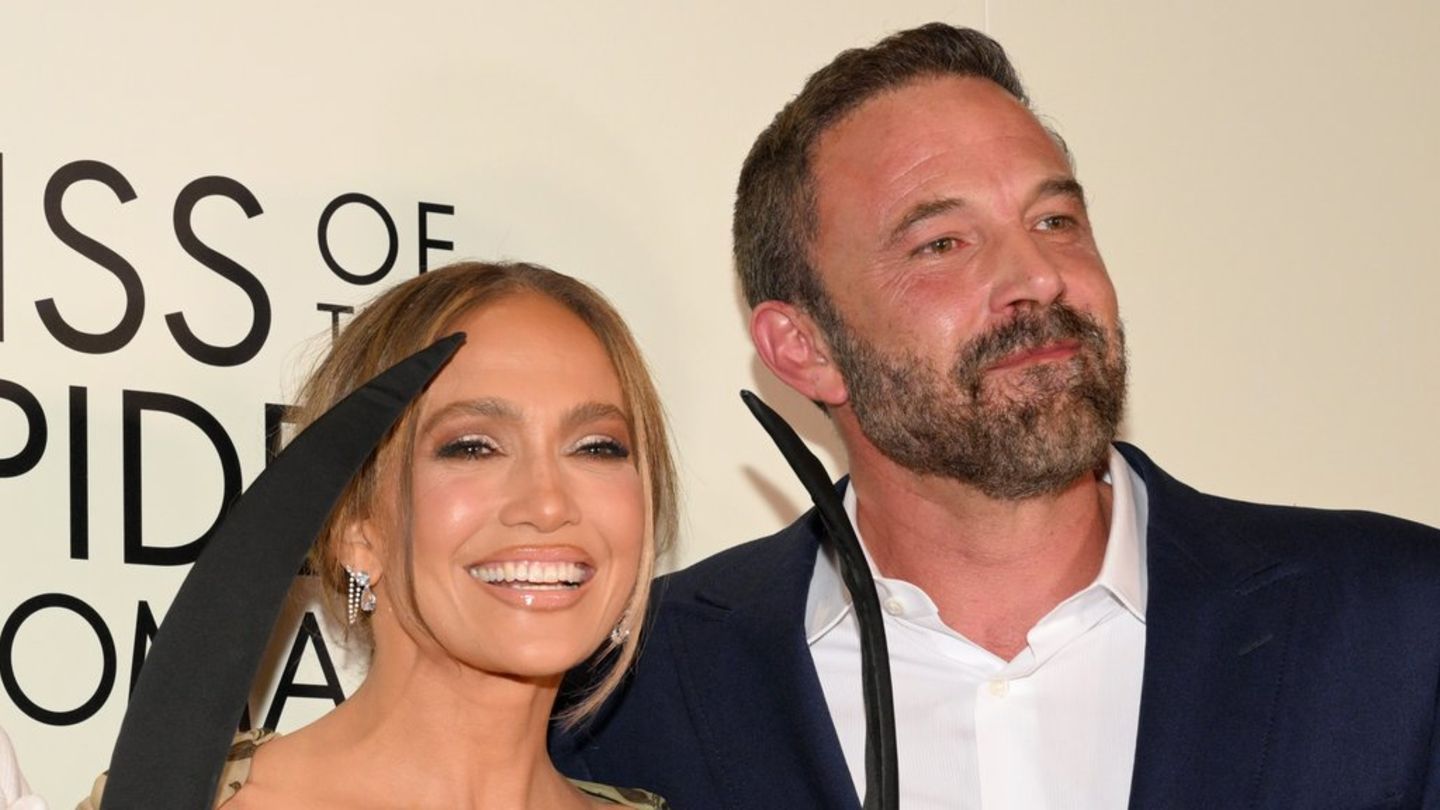Armin Laschet’s claused withdrawal reveals a great drama in the Union: Whoever follows him needs Söder and Merz – and has to leave them behind at the same time.
At the end of this short era Laschet remains, which does not want to end, and which torments itself with its inability to end: How does a man endure such a thing? How could it come to this? And how can it go on at all?
1. How does a man stand this?
The first question is split up into countless sub-questions: How does a person endure what the CDU politician Karl-Josef Laumann called “annihilation”? A continuous fire, continuous attack, accompanied with malice and hatred, which were often limitless and cross-border. Why doesn’t Armin Laschet end what has long since ended? Why don’t you go when you’re already gone?
How do you cope with months of not being wanted, never being wanted, being wanted away, being tweeted away? And last but not least: Why is the criticism of a politician who is someone who actually wants to reconcile? Who was split up every day when he didn’t want to split anymore?
Armin Laschet remains one of the most tragic candidates for chancellor, but there is also something shameful about his failure.
2. How did it come to this?
In the clearest paragraph of his claused retreat speech, Armin Laschet spoke on Thursday evening of a dispute over chairmanship and future in the CDU, which has lasted since 2018 and has never ended.
In changing its executives, the CDU has reached a frequency with which it takes on the SPD and HSV. The trigger for this lack of leadership is, as is well known, the end of the Merkel era, the cause is a twofold split in the Union: on the one hand, the split between the CDU and CSU, which has deepened hopelessly and has inflicted wounds.
The second split has existed within the CDU since the return of Friedrich Merz: the CDU has elected a new chairman twice, and half wanted to follow Merz, the other half wanted to extend Merkel. Too many ghosts of the past have haunted the Union since then, sometimes in the form of Markus Söder, sometimes as Friedrich Merz, plus small side ghosts like Hans-Georg Maaßen.
The reasons for the crash are primarily sought in the figure of Laschet, who was unable to develop a clear formula and idea for his chancellorship. That is correct and at the same time too short-sighted:
The Union simply lost too much time in its reorganization, in two decisive phases: Once a year ago, when the party conference was postponed to January – allegedly because of Corona, others say because Armin Laschet wanted to gain time (but valuable time lost).
In January Laschet did not reach for the candidacy for chancellor quickly enough and the formula “between Easter and Pentecost” was his undoing: This was the phase of the miraculous rise of the Greens, while the closed and well-prepared SPD waited in the background. The second time loss occurs in the phase from May when the Greens around Annalena Baerbock made mistake after mistake. At that time the Union decided, as its representatives freely admit, “to do nothing”. This inactivity and waiting, the unimaginative waiting for the election, was a gross miscalculation and was suddenly interrupted by the flood of the century. Then Olaf Scholz took over the symbol of the diamond with a smile. So everything was reinterpreted and reassessed: departure, continuity, change, new start.
The Greens saved themselves in the greatest possible supporting role, Olaf Scholz slipped into the role of Chancellor, the CDU was neither a new start nor stability: It was misery, vacuum, strife, and reminded of these gray men from “Momo” who are slowly dissolving. Only in the last few weeks did she panic against it with actionist ideas, characters, future teams and 100-day programs. Vain.
3. How can it go on at all?
Since the election, the Union has acted in a survival reflex: The Jamaica option or fiction holds the store together, Laschet is now trying a controlled demolition: A transition, again, somehow moderated. Seems familiar, that’s what his predecessor wanted too.
The rhetoric of the transition remains roughly because everyone still has to sort things out. Two to three percentage points more, and “business as usual” would have been possible. Söder has now admitted that the emperor is naked. Michael Kretschmer too. Laschet also says: It is correct that the emperor is not yet wearing his clothes in the process of dressing, but he is available to dress – but we can also dress another emperor.
The CDU will continue to suffer as long as it remains held hostage by Friedrich Merz and Markus Söder. Their ambitions, unfulfilled and unsatisfied, paralyze and torment the party. Merz must finally realize that he can no longer lead this party into the future, that he is not leading it to a new size, but was involved in the shrinkage. Söder has to clarify whether the next CDU boss faces the same fate as Armin Laschet – he needs the certainty that the CDU will be strong enough again and not pull the CSU down (Bavaria will be elected in 2023).
The problem with the CDU is that too many people who are now presenting themselves for the future are already too exhausted, too biased, too battered. Norbert Röttgen and Jens Spahn are also connected to the dispute over direction – it remains Daniel Günther, Michael Kretschmer and Tobias Hans. Not even a woman, one instinctively thinks.
A few percentage points often decide the story of rise and fall. In the coming year, four state elections will show whether the CDU can manage the turnaround: in Saarland, in Lower Saxony, of course in North Rhine-Westphalia and Schleswig-Holstein. The CDU shouldn’t lose any more time.
David William is a talented author who has made a name for himself in the world of writing. He is a professional author who writes on a wide range of topics, from general interest to opinion news. David is currently working as a writer at 24 hours worlds where he brings his unique perspective and in-depth research to his articles, making them both informative and engaging.




